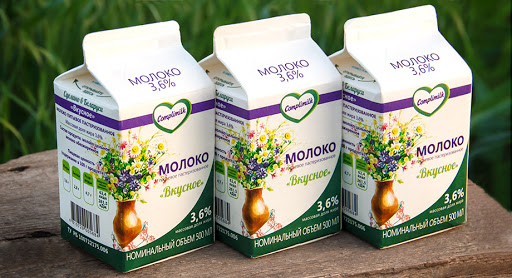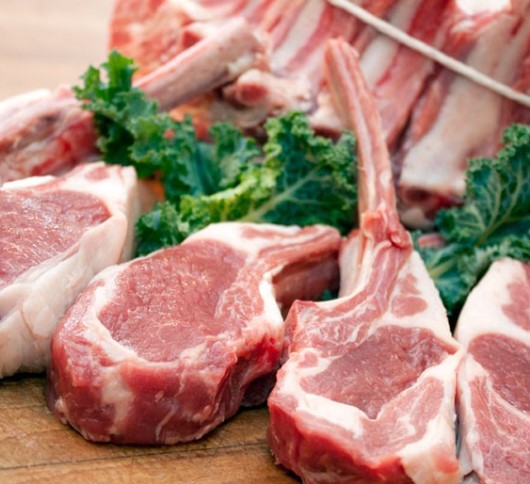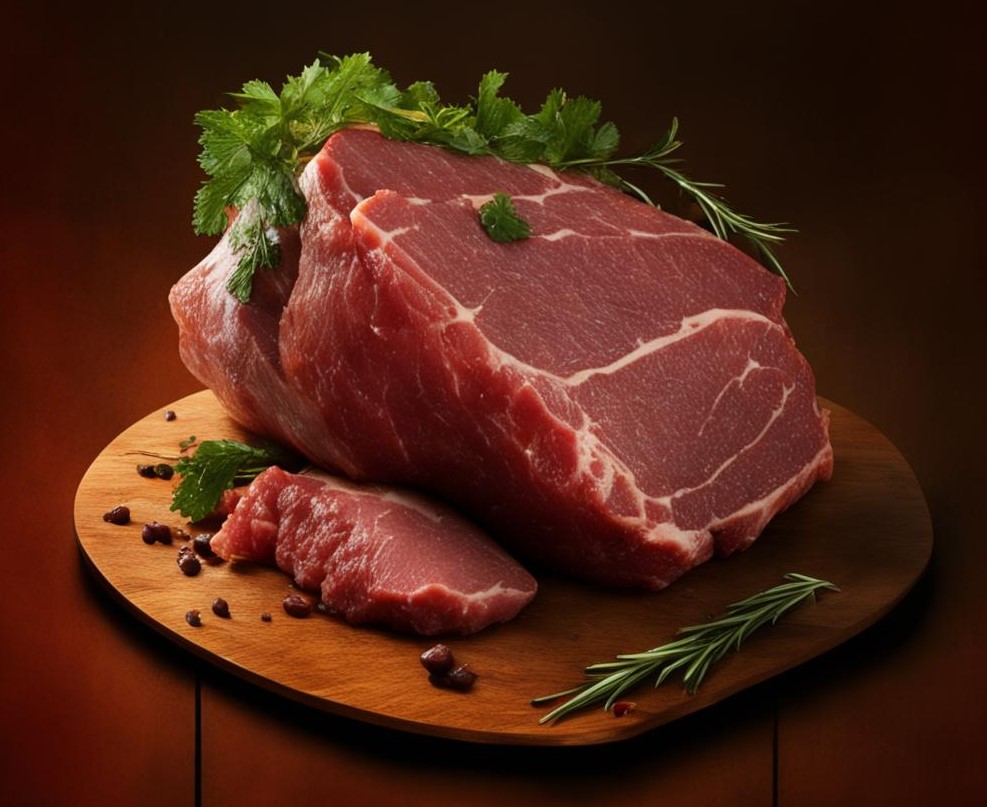FT learned the details of the ninth package of EU sanctions against Russia

The European Union may impose sanctions against the mining industry in Russia, reports citing its own sources Financial Times.
“The European Commission will propose a ban on new investment in the Russian mining sector as part of a new package of sanctions. <...> The ban on investments in the mining industry will provide for exemptions for certain specific products, ”the publication notes.
Military operation in Ukraine. Online Politics
A new, ninth package of sanctions could be agreed by the end of next week. The FT recalls that in order to enter into force, it must be unanimously approved by all 27 EU member states.
“This package can be added to, but it already includes EXPORT controls on technologies that Brussels believes Russia uses to support arms production, a ban on transactions with three more Russian banks. Sanctions (if this package of sanctions is adopted) will also include 180 individuals,” the note notes.
The FT notes that the new sanctions package will also include bans on four Russian channels that the EU believes are being used by Moscow for "propaganda", export restrictions on dual-use products worth more than €2.3 billion, and a ban on transactions with Russian marketing and research companies.
Earlier, the European edition of Politico reported on a large-scale expansion of EU sanctions. According to her, the new package could be approved "relatively quickly, possibly before the meeting of the Foreign Affairs Council next week and the EU summit."
that the company is on the verge of collapse How the Russians who moved are dispersing the economies of neighboring countries Inflation in Turkey is breaking records. What's next for LyraSee also Putin called the decision of the European Union on Russian fertilizers ugly 00:53
The newspaper also reported on the new 180 points in the ninth package of sanctions. On November 22, Politico wrote about the possible inclusion of a number of officials and “propagandists” on the sanctions list.
The Baltic states and Poland were in favor of unveiling the new measures by December 5, when a European embargo on Russian oil came into effect and a ceiling on its prices came into effect. Other members of the union said that the new package was not ready and feared that linking the two measures would exacerbate the situation. At the same time, according to the HEAD of the European Commission, Ursula von der Leyen, the process of preparing new restrictions was "at full speed."
In October, Polish media reported that Warsaw and the Baltic states want to propose to the European Union to introduce new restrictions against Russia in the field of nuclear energy, imports of Russian diamonds and liquefied gas.
Reshetnikov announced that the Russian economy has survived several waves of sanctions Politics
The EU announced the previous package of sanctions in early October. In addition to the ceiling on oil prices , it included a ban on the import of goods worth € 7 billion and bans on the export of coal, electronic components for the production of weapons, goods for aviation, certain chemicals and small arms. It was forbidden to import finished and semi-finished products from steel, plastic, textiles, vehicles, machinery from Russia. The EU also banned the provision of IT consulting and business services to Russia, tightened restrictions on the use of cryptocurrencies by Russians, and banned any transactions with the Russian Maritime Register of Shipping.
If the West calls the sanctions imposed against Russia effective and believes that they can operate for a long time, then Moscow notes that the Russian economy is adapting to the sanctions pressure. According to Kremlin spokesman Dmitry Peskov, "certain problems" arise because of the sanctions, but "they were not critical." “Specialists perfectly see the process of Russia's adaptation to these conditions. And it would be unprofessional to deny it,” Peskov told reporters on December 5.
The fact that the Russian economy was able to withstand waves of sanctions, said the head of the Ministry of Economic Development Maxim Reshetnikov. “While many foreign experts expected the Russian economy to fall from 8 to 10%, we expect Russia’s GDP to contract by only 2.9% by the end of 2022,” he noted.
Read together with it:
- Боливия экспортирует говядину на сумму 797 миллионов долларов и вводит новые цифровые сертификаты для внешней торговлиЭкспорт говядины из Боливии в период с 2021 по 2025 год достиг 797 миллионов долларов. Китай является основным рынком сбыта этого мяса, на который приходится 74% продаж, сообщила Карина Серрудо, генеральный директор Национального таможенного управления. Параллельно с этим ведомство включило сертификат безопасности экспортных пищевых продуктов для говядины в систему «Единое окно для внешней торговл...
- Поголовье свиней в Бразилии продолжает растиТакже наблюдался рост убоя свиней на 1,2%, достигнув рекордного уровня в 2024 году, хотя рост сектора замедлился. Экспорт свинины также достиг исторического максимума. По географическому распределению Толедо (штат Парана) сохранил лидерство по производству свинины среди 5487 муниципалитетов, где ведётся свиноводство, на долю которого приходится 2,2% от общего поголовья (95......
- Bloomberg узнал о плане G7 значительно ужесточить санкции против РоссииНовый пакет санкций будет включать меры, в частности, против энергетики, финансов и военной промышленности, а также крупнейших нефтяных компаний России. Разработку пакета G7 планирует завершить в октябре, выяснил BLOOMBERG Страны «Большой семерки» (G7) приближаются к соглашению о значительном ужесточении санкций в отношении России, сообщает агентство Bloomberg со ссылкой на проект заявления. «Мы с...




















































